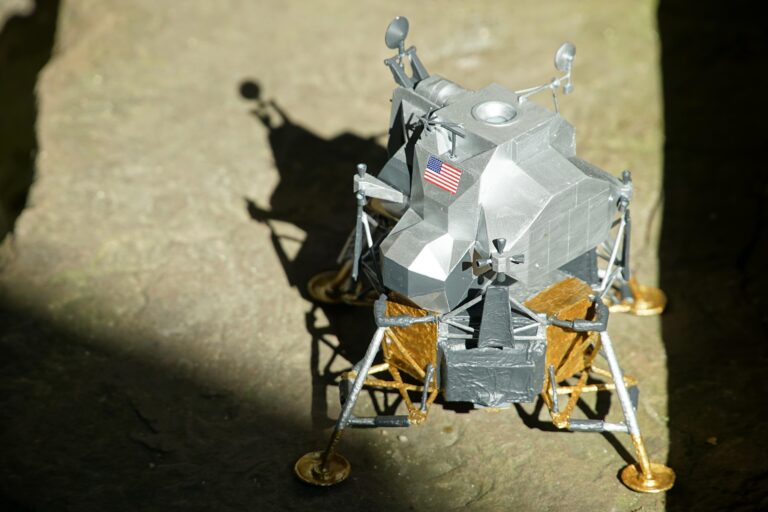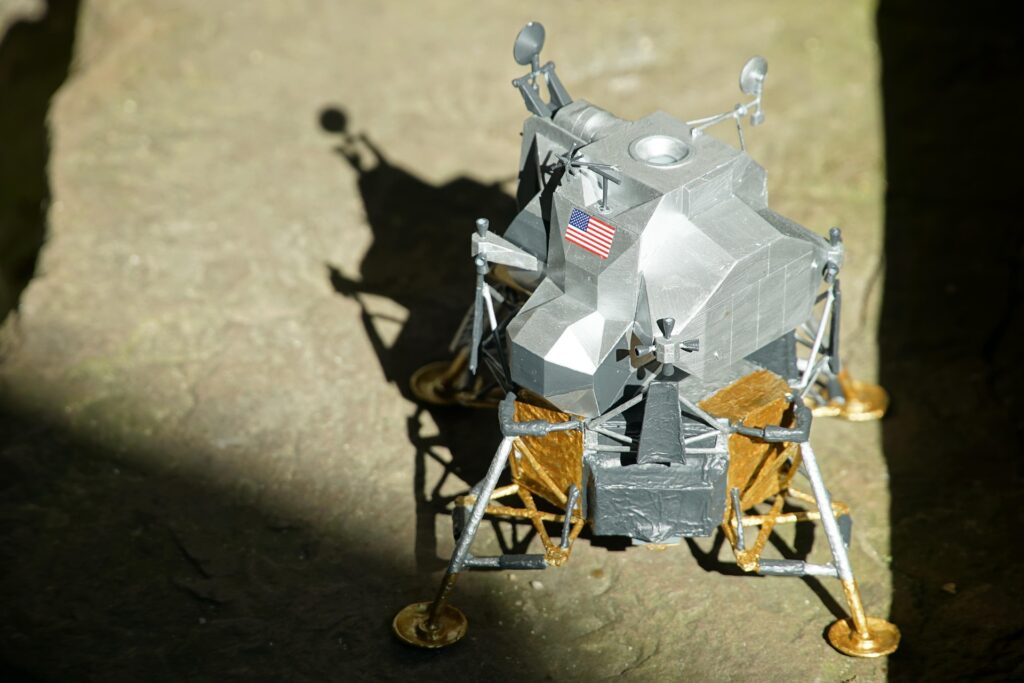University of Michigan engineers have developed a breakthrough method to convert waste CO₂ from ethanol production into sustainable aviation fuel, potentially reducing carbon intensity by more than 80% compared to conventional fossil fuels.
The research, published in the SAE International Journal of Sustainable Transportation, Energy, Environment, & Policy, reveals how carbon dioxide from corn fermentation—typically released as a waste product—could become a valuable asset for decarbonizing air travel.
The United States produced 15.6 billion gallons of ethanol in 2023, releasing approximately 48 megatons of CO₂ during fermentation. Unlike emissions from coal plants or cement kilns that require extensive energy to capture, fermentation releases remarkably pure CO₂ streams containing 85% CO₂ by volume or higher.
“It is exciting to explore whether this ‘waste’ stream can actually become a significant asset, turning inefficiency into advantage and accelerating the real-world application of emerging technologies,” said Stephen McCord, a research scientist in mechanical engineering at U-M and the study’s lead author.
READ ALSO: https://www.modernmechanics24.com/post/3d-printed-muscle-tissue-made-in-zero-gravity
The research team compared three different pathways for converting this captured CO₂ into jet fuel. The conventional method—Alcohol-to-Jet—modifies corn-based ethanol directly into aviation fuel but only reduces carbon intensity by 4.5% to 20%. The two innovative CO₂-based approaches both begin by converting captured CO₂ into syngas.
The gas fermentation route uses syngas to create ethanol as an intermediate step, while the Fischer-Tropsch Synthesis route directly synthesizes jet fuel hydrocarbons from syngas.
Through detailed life cycle assessment, the researchers found the Fischer-Tropsch Synthesis pathway could reduce carbon intensity by up to 90%, while gas fermentation achieved an 84% reduction.
“We hope to inform future development and policy by highlighting which routes are most promising for reducing aviation’s carbon footprint using existing waste resources,” said Volker Sick, former Director of the Global CO₂ Initiative and the DTE Energy Professor of Advanced Energy Research at U-M, who served as senior author of the study.
WATCH ALSO: https://www.modernmechanics24.com/post/lightweight-materials-transform-aerospace
When considering practical implementation, the team determined that gas fermentation followed by Alcohol-to-Jet conversion offers the smoothest transition path, leveraging existing bioethanol facilities and workforce skills despite its slightly lower emissions reduction.
“Starting with CO₂ from corn ethanol fermentation promises the fastest path to scaling up this new industry,” Sick explained. With aviation producing over a gigaton of fossil CO₂ emissions annually, and limited alternatives for long-distance air travel, these conversion routes provide a crucial near-term solution. As McCord concluded, these methods “offer a realistic, near-term solution where alternatives are limited” for defossilizing aviation fuel.
READ ALSO: https://www.modernmechanics24.com/post/vietnam-races-ahead-china-artificial-islands













